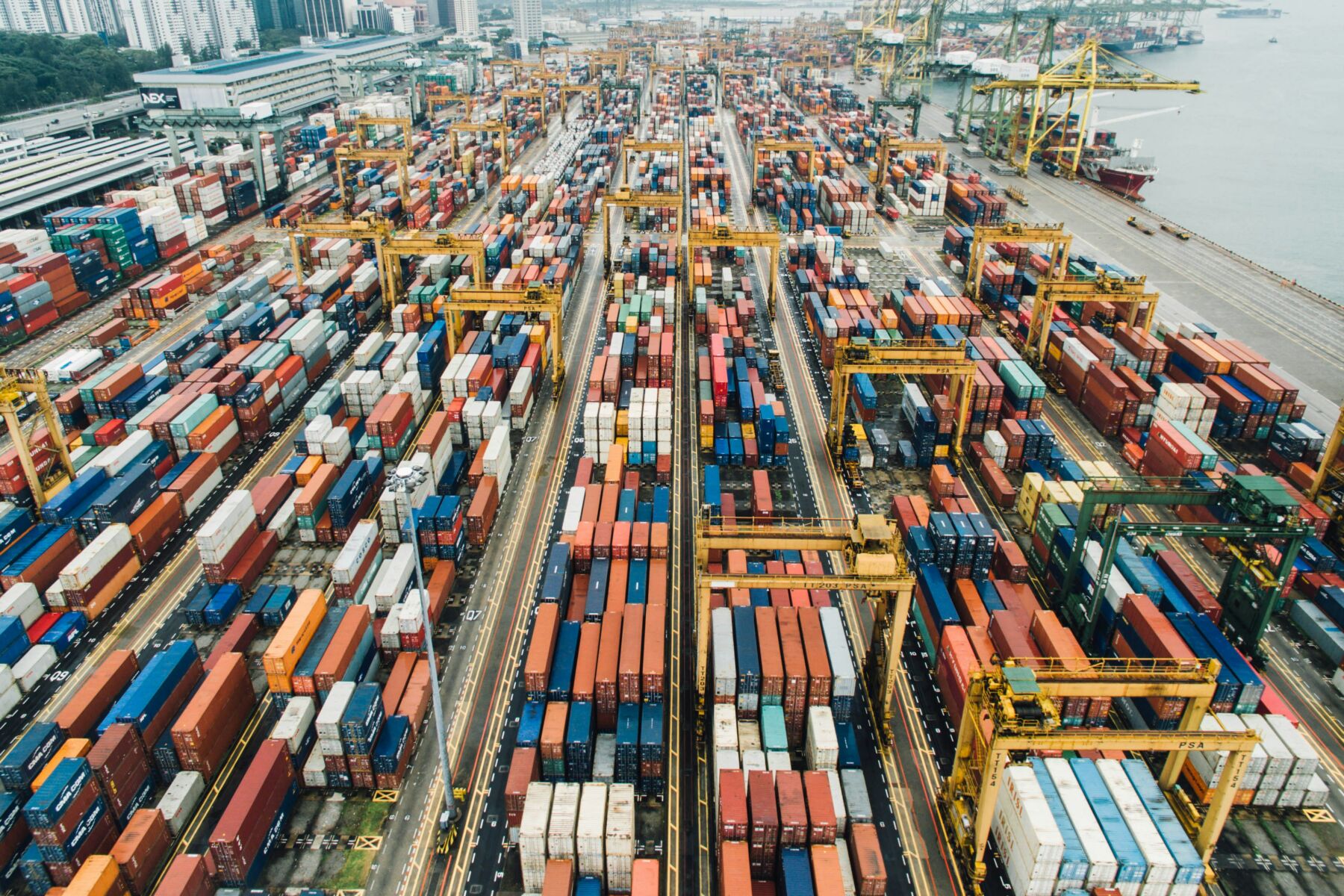Growth in Thai exports expected in Q1 due to stable freight costs

Thailand is set to experience a 1 to 2% growth in export value during the initial quarter of the year, fuelled by stable freight costs and rising shipments of key commodities such as rubber, rice, pet food, electronics, and automobiles. This positive forecast is shared by Keerati Rushchano, the permanent secretary of commerce, who anticipates a steady growth trajectory as the country’s manufacturing sector recovers and the economies of main trading partners, including Japan and the EU, display resilience.
Keerati highlighted the commendable performance of agricultural exports, boosted by heightened demand. However, a significant drop in agro-industrial exports was witnessed, a consequence of the revival of the tourism sector. Industrial goods exports, particularly electronics, have witnessed continuous expansion as the nation progresses towards a digital economy.
The ministry is joining forces with the private sector to broaden the markets for products originating from Thai small and medium-sized businesses. However, the agricultural supply is suffering from drought, while geopolitical risks and exchange rate fluctuations present further complications, said Keerati.
“Even with a high base effect from the first quarter of last year, when Thai exports totalled US$28 billion, shipments maintain their resilience this month.”
The ministry has set a target of 1 to 2% export growth for 2024. With the Thai fruit harvest season expected to be delayed by a month until May, the ministry plans to closely monitor the situation and implement necessary support measures.
Chaichan Chareonsuk, chair of the Thai National Shippers’ Council, noted that while sea transport conditions are gradually normalising, freight costs remain 1 to 2 times above standard levels. He predicts exports in March will amount to US$25.5 to 26.5 billion, falling short of the US$28 billion achieved in the same month the previous year.
Consequently, Chareonsuk expects the export value for the first quarter to reach US$71.5 to 72.5 billion, a 1 to 2% increase. He attributes a second-quarter value of US$71.6 billion to stable freight prices and growing confidence among key trading partners such as the EU and US, as demonstrated by the improving Purchasing Managers’ Index, reported Bangkok Post.
Last month, Thai exports rose by 3.6% to US$23.4 billion, and imports increased by 3.2% to US$23.9 billion, resulting in a trade deficit of US$554 million.
Latest Thailand News
Follow The Thaiger on Google News:


























